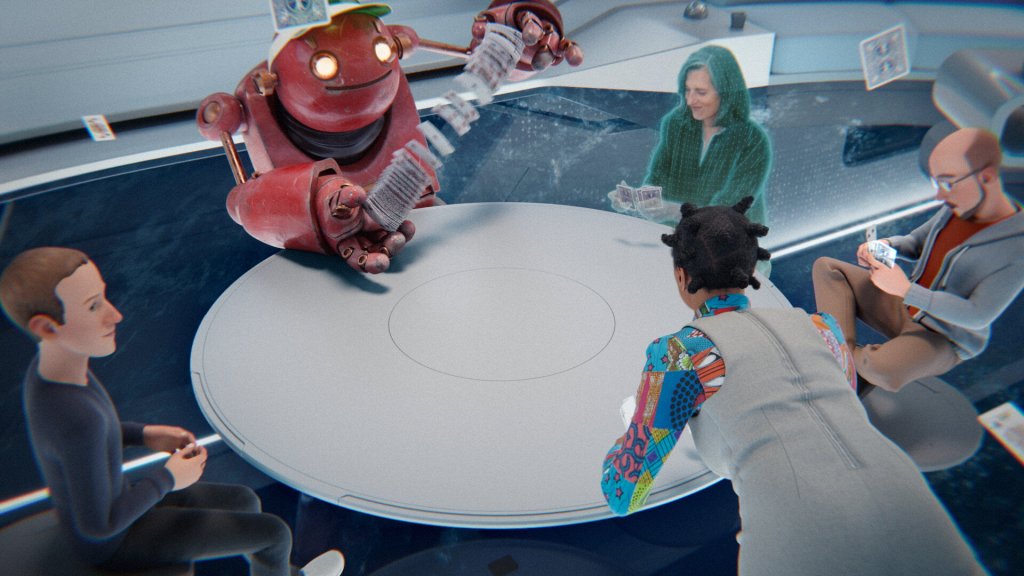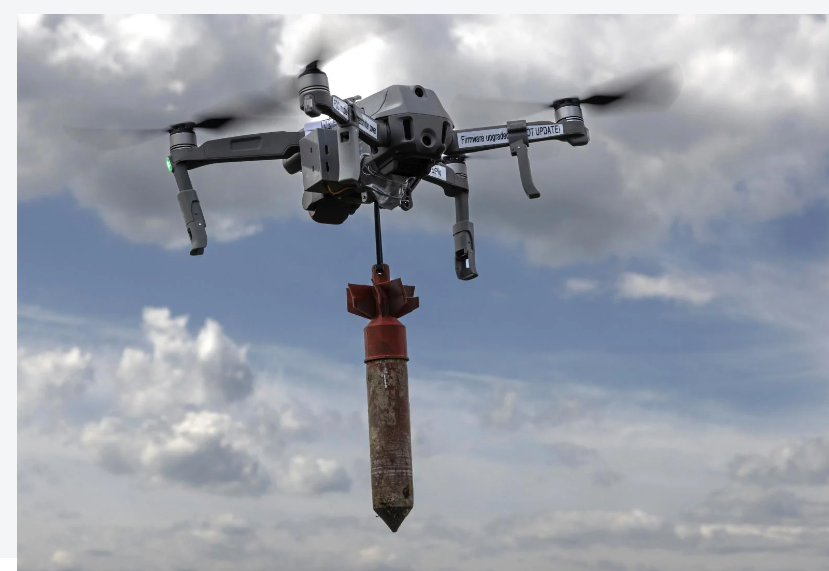In an article from January, 2020, Matthew Ball wrote a lengthy article describing the vision of the Metaverse. Facebook’s announcement that it would seek to create the Metaverse was still months away. In an upcoming event (Thursday, Nov 11) organized by International Cultural Relations, a select group of scholars will discuss the Metaverse and its implications on International Relations. For tickets to the event, click here.
This post tries to describe the vision of the Metaverse and to pose some of the questions that will be addressed in the event.
What is the Metaverse?
At the moment the Metaverse is a vision of where the digital revolution will lead us next. The Metaverse does not yet exist, and much of the digital infrastructure required to realize this vision are still in development. Yet as Matthew Ball writes, digital visions often lead to new digital realities. The vision of the Word Wide Web existed long before computers could communicate with one another.
Essentially, the Metaverse will be the successor of the internet. The Metaverse will see a greater merging between the offline and digital spheres of life. The Metaverse will add a digital layer onto physical life. In other words, the Metaverse will be quite different from contemporary virtual worlds such as Second Life. The Metaverse will mesh offline and digital lives. Users will be able to walk down Regent Street in London while simultaneously playing charades with friends assembled in a digital environment. Yet the Metaverse goes one step forward as a digital layer will be added to Regent Street and for every physical shop, there will be a different digital shop. Regent Street will thus exist on two planes of existence at the same time. And when one walks physically into a Zara store, he will also browse a digital shop located at the exact same spot on the digital plane. In other words, the world itself will multiply into two interconnected planes of existence and individuals will exist simultaneously on both plane.
The Metaverse will not be similar to virtual reality or augmented reality. It will also not resemble movies such as The Matrix. In these movies, individuals are either connected into a digital world, or they exist in the physical world. The Metaverse will offer both. Imagine Neo and Trinity going on a romantic date in a restaurant while at the same time battling agent Smith, or playing hide and seek with Morpheus. They will exist at the same time inside and outside the Matrix and their actions will have consequences both inside and outside the Matrix.
That vision is somewhat closer to the Metaverse. While it is still a vision, companies are already spending billions on the technologies that will bring the Metaverse to life ranging from advanced smart glasses to brain-to-machine interfaces.
The concept of the Metaverse is important for three main reasons according to Ball. First, it will serve as an entry portal to all digital activities. Second, it will be a key component of our physical lives and it will serve as the new foundation of the global economy.
The Metaverse will have four characteristics:
1. Much like the physical world, the Metaverse will always exist, it will always be active and we will always be active on it even when we are asleep. In other words, we will not connect and disconnect from the Matrix but will be jacked in even when our physical bodies are dormant.
2. The Metaverse will be synchronous and will exist in it in real-time. Meetings, conferences and meetings with friends will all take place in real-time.
3. The Metaverse will constitute its own, fully functioning economy where individuals may buy or sell products and services. One could invest in Metaverse real estate, that digital layer added to Regent Street.
4. The content consumed in the Metaverse will be created by a host of producers ranging from individuals, to brand corporations to states and activist groups.
The Metaverse will continue the process of annihilating time and space. People living in rural areas will be able to own and operate a store located physically, or digitally, in a metropolis. And people working in major cities will be able to vacation digitally in rural areas. These individuals will be located in one place physically, and in a different place digitally. Yet their personality will not be split but rather they will act, and interact, with both environments.
The vision of the Metaverse raises some central questions for those studying and practicing digital diplomacy or international relations. First, will governments join this vision or act against it? Will Governments strive to create their own Metaverse which they may control in terms of content, regulation, commerce and constant surveillance of users. Governments often lag behind the tech sector. Will the Metaverse prove different?
Second, what international laws will the Metaverse require? New rules of censorship? New regulations of taxing physical and digital activities? How will governments act to prevent the radicalization of the Metaverse? Similarly, will digital crimes be tried in the digital plane, the physical plane or both? In other words, will governments be able to avoid the mistakes made by not regulating social media companies?
Third, will the owner or creators of the Metaverse serve as the next global powerbrokers? Will the countries that build the Metaverse become the new Apple and Google? And if so, how can their power be checked? And should it be checked?
Fourth, will accords signed in the physical plane be applicable to the digital realm? And vice versa? Presently, it is easy to separate the digital and physical planes of existence and to match legislation to each plane. Yet in the Metaverse this very distinction will collapse. How will these affect relations between states and the basic functions of the multilateral system?
Finally, will the Metaverse truly be global or will there be a global Metaverse, and a Chinese Metaverse walled off by a firewall? If the vision of the Metaverse is truly realized, firewalls will become extinct. States will no longer be able to monitor their digital borders. Will this lead certain, authoritative states to try and sabotage the creation of the Metaverse? Or will these governments invest massively in developing the Metaverse outflanking tech companies and Facebook?
These questions and more, will be addressed in our upcoming event including Ilan Manor, Corneliu Bjola, James Pamment, Natalia Grincheva and more.





Leave a comment